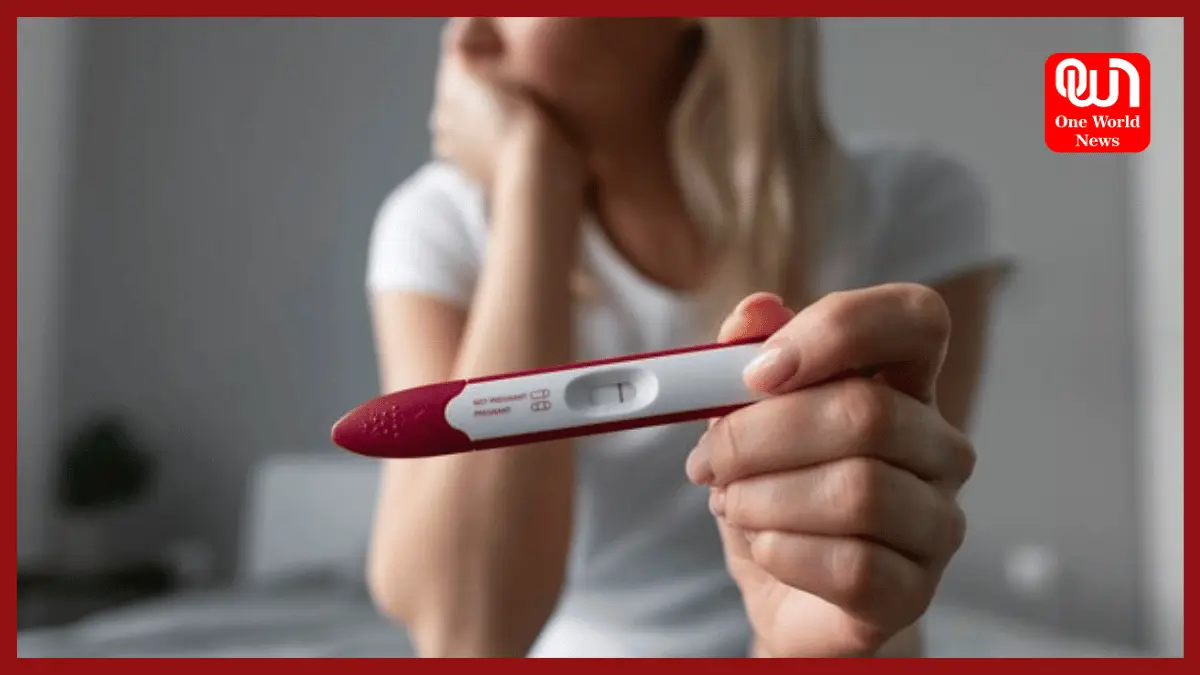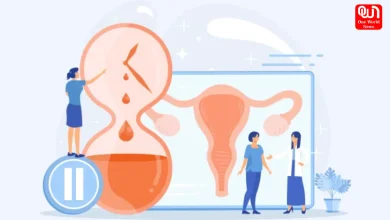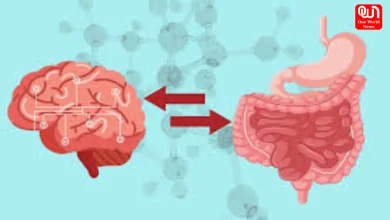Understanding Hormonal Imbalance and Lifestyle Factors: 6 Reasons for IVF Failure
Learn about the factors influencing IVF failure, from hormonal imbalances to lifestyle habits, and how addressing them can improve treatment success.
Unveiling IVF Challenges: Hormonal Imbalance and Lifestyle Habits Impacting Treatment Success
In the context of reproductive medicine, IVF (In Vitro Fertilization) is one of the treatments that can help those who have been diagnosed as infertile. Still IVF, as advanced as it is, its success can be influenced by some aspects like hormonal fluctuations in women and their life styles. Here are six reasons that may contribute to IVF failure:
1. Hormonal Imbalance: Steroids are very important in the body especially in the reproduction system. Endocrine disorders like PCOS or thyroid diseases can disturb the hormonal equilibrium and the creation of eggs, ovulation, and readiness of the uterine lining for the embryos during IVF.
2. Age-related Factors: One of the important parameters affecting IVF is the mother’s age, especially if she is considered to be of an older age. During the reproductive period, conception becomes difficult because the eggs produced are of poor quality especially in old women.

3. Poor Egg or Sperm Quality: Fresh good quality eggs together with sperms are primary requisites to effect fertilization. For instance, age, lifestyle, and genetic makeup, and other health conditions can alter the quality of gametes, therefore, early embryo development and implantation.
Read more: Celebrating World Hepatitis Day – 28 July
4. Uterine Issues: Abnormalities in the structure of the uterus that may cause problems with embryo implantation or miscarriage after IVF may include fibroids or polyps.
5. Lifestyle Factors: Knowing the fact that fertility is likely to be threatened by undesirable lifestyle factors like smoking, taking too much alcohol, poor diet, and lack of exercise. It might be due to hormonal changes, oxidative stress and other factors affecting reproductive health of the individual.
Read more: Twice-a-Year Injection Shows 100% Effectiveness in HIV Prevention: A Game-Changer
6. Stress and Emotional Factors: Intense pressure and anxiety in animal can influence the fertility of the species. Stress hormone interferes with the balance needed to make IVF successful and it also tampers with the probability of embryo being implanted.
We’re now on WhatsApp. Click to join.
Such factors should be comprehended by people who are willing to undergo the IVF procedure. There are possibilities to take action in increasing the rates of IVF by using pharmacology to bring hormones into balance, follow a proper diet, and reduce stress. With the help of fertility physicians and following better prenatal decisions, the probability of conception through IVF is as high as possible.
Like this post?
Register at One World News to never miss out on videos, celeb interviews, and best reads.








